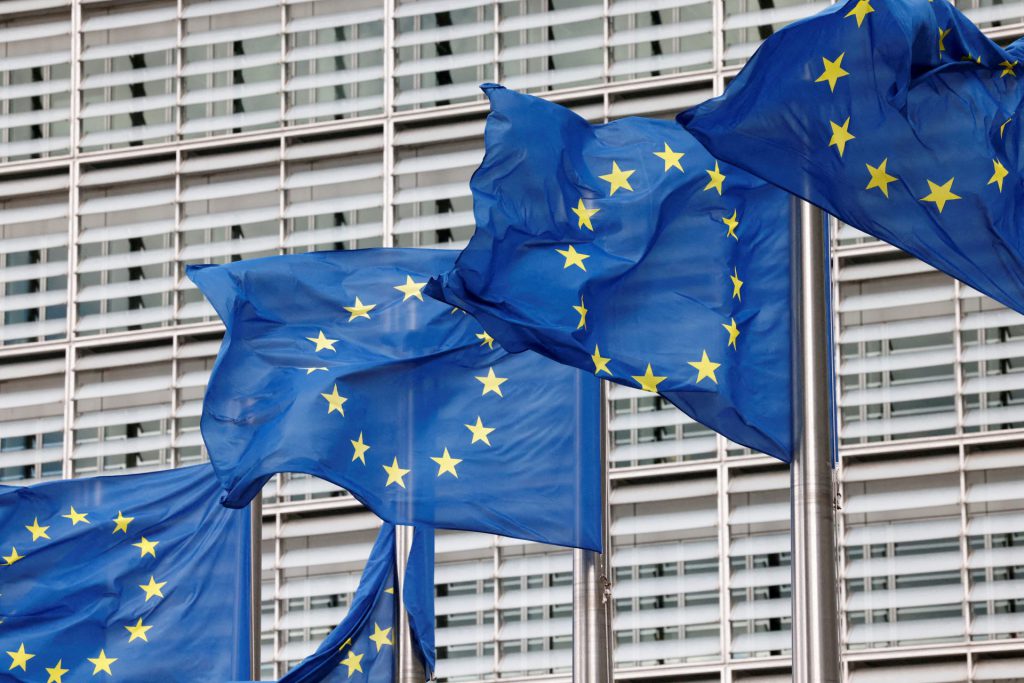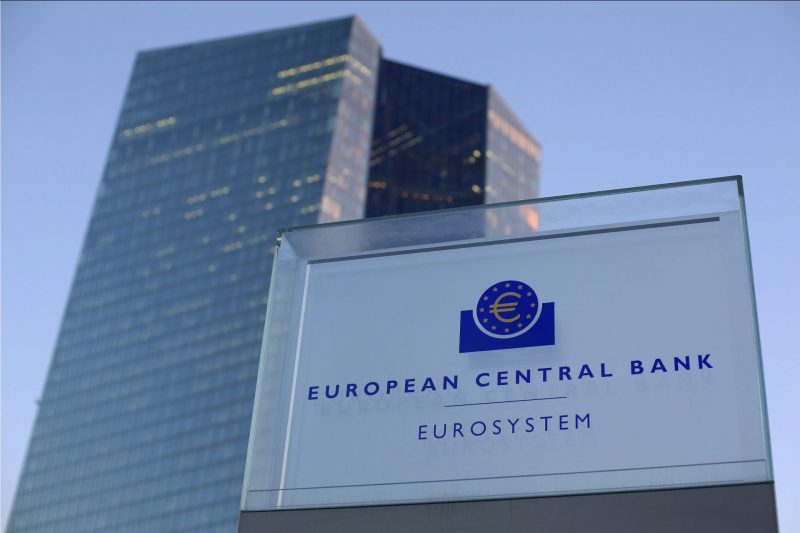The European Central Bank (ECB) has increased interest rates by 0.25%. This is the ninth consecutive rate hike by the ECB in its battle against surging inflation. The move comes amid several major European economies facing fears of recession. Earlier this week, the United States also increased its borrowing rates by 25 basis points.
The rate hike was not much of a surprise as ECB President Christine Lagarde had already hinted at another hike. The focus right now is whether the European Central Bank will raise interest rates again in its September meeting. US Fed Chair Jerome Powell has also hinted that the country might have to undertake another rate hike in September.
Also Read: What Happens if Europe Accepts BRICS Currency?
Eurozone inflation in June came in lower than what was anticipated, at 5.5%. However, core inflation (without energy and food), was still significantly high, at 5.4%. Although headline inflation is at its lowest since January 2022, it still remains above the ECB’s 2% target.
Last month, the European Central Bank raised interest rates to the highest levels in 22 years. Speaking at the Sintra central banking event in Portugal last month, Lagarde said that “The nature of the inflation challenge in the euro area is changing.”
When will the European Central Bank cool off on interest rate hikes?


According to the ECB, “Inflation continues to decline but is still expected to remain too high for too long.”
The bank stated that it would keep interest rates high enough to slow down economic activity. This would go on “for as long as necessary” to bring down Europe’s worryingly high inflation numbers.
Also Read: European Union Delays Implementation of Digital Euro Legislation: Report
Price increases and higher rates are putting a double burden on households and businesses, making it more expensive for borrowers to obtain loans for the purchase of homes and cars as well as for enterprises to acquire new machinery or construct facilities.
Europe’s financial crisis began with the Covid-19 pandemic and was further pushed by Russia’s war in Ukraine. Russia was one of the largest energy suppliers to Europe, and sanctions against the nation have cost Europe as well.





